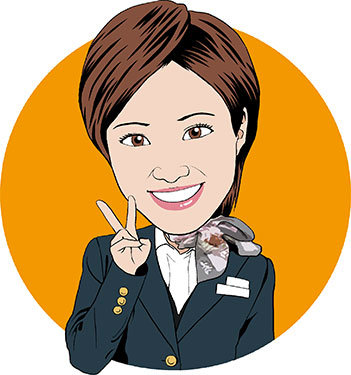Between studying Japanese for four years at SDSU and living here for 17, I’ve pretty much got the Japanese language down. I’ve actually forgotten a large part of what I studied over the years, especially written kanji, since the great convenience of computers that let you select the right character by hitting the space bar means that almost no one writes kanji as well as they used to, including both Japanese and foreigners like me. Although I’m functionally fluent in the language, I’ve learned something odd, that it’s often better to speak English in some situations. The other day I was at the public bath with my son (it’s called Yura no Sato, which translates as Village of Hot Water Relaxation) when one of the other bathers struck up a conversation with me, asking me where I was from. He’d just finished an interesting trip around the world, visiting China, the Middle East and Europe, and was planning on going to the U.S. next. While my long years of studying tempted me to speak Japanese with him, instead I spoke only English, since I knew that getting to practice his language skills would really make the man’s day. Speaking English instead of Japanese can open doors that might not otherwise open for you. Once I speaking with a Japanese female airline employee at a ticket counter about about the possibility of an upgrade to business class, and I received a somewhat cold reaction to my suggestion when I spoke in Japanese to her. I decided to ask at another counter run by the same airline, this time speaking polite English and batting my “gaijin Bambi eyes” as best I could, and darned if I didn’t get that upgrade. My wife tells me that if I want to yell at someone for something, it’s much more effective to do it in English — it seems that angry words just carry more impact in English than in Japanese.
By the way, Aya Ueto is really cute.

















